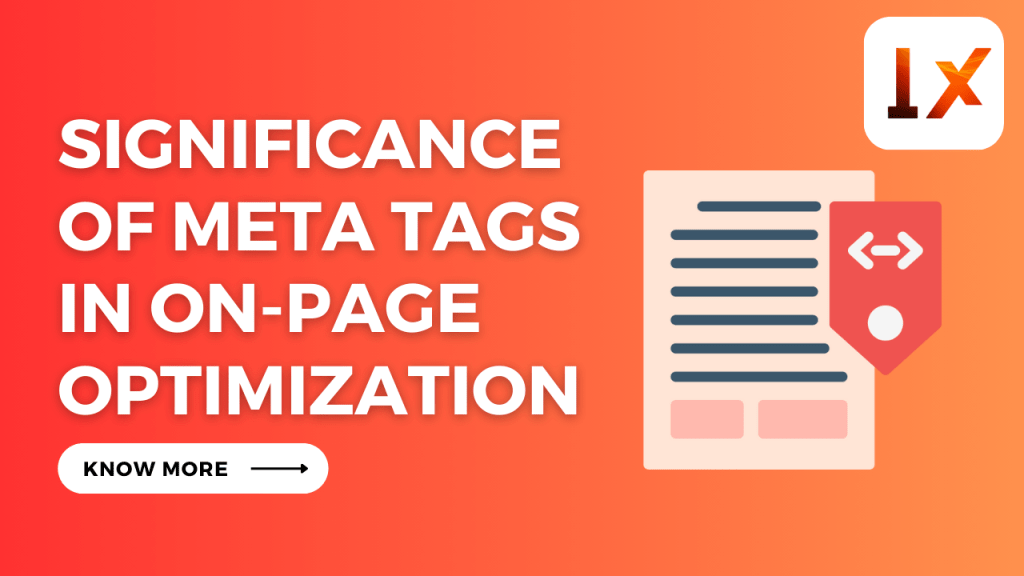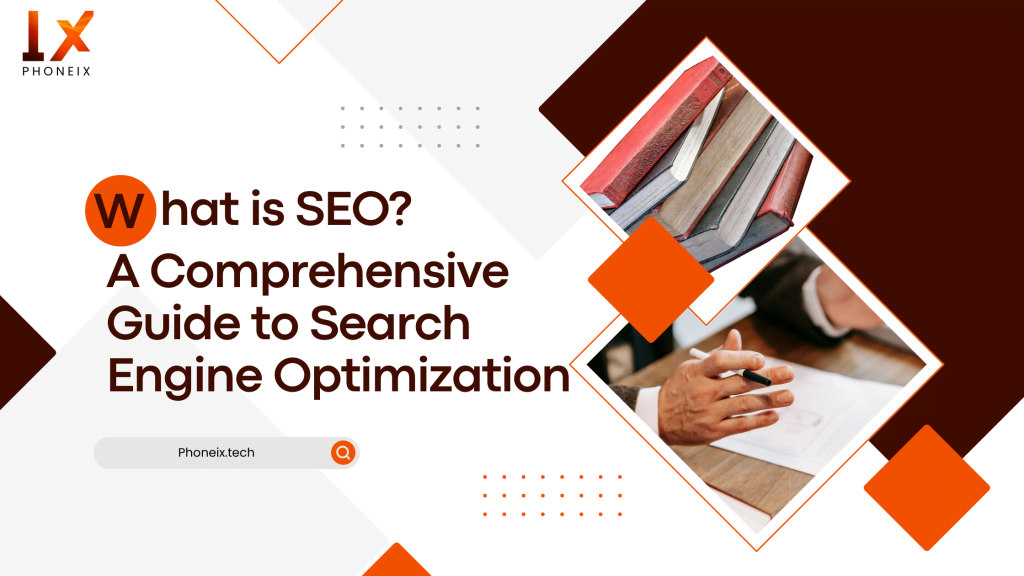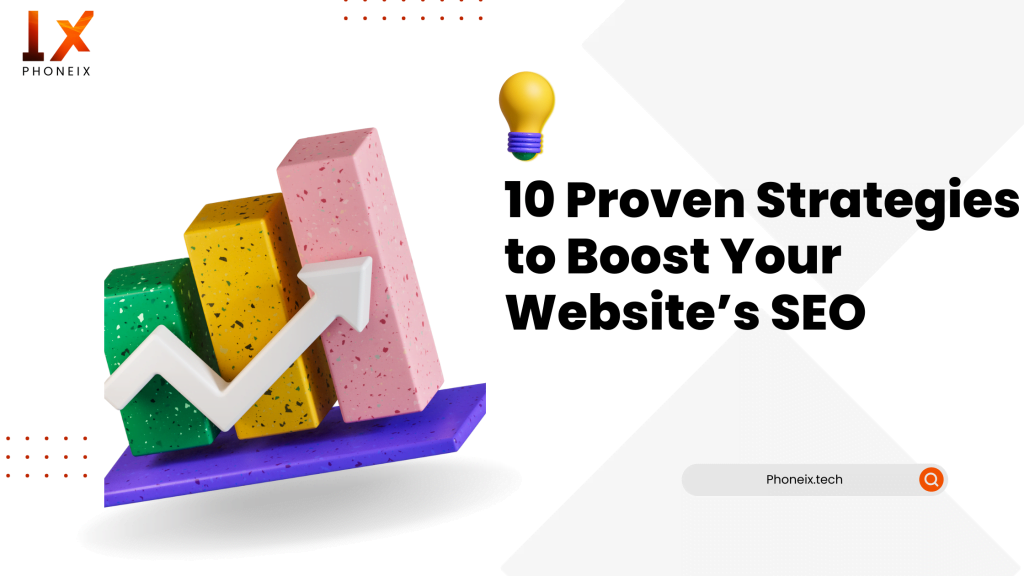
Meta Tags:
Title Tag (Meta Title):
- The title tag is an HTML element that specifies the title of a webpage. It’s displayed in the browser’s title bar and is also the main heading shown in search engine results.
- It’s essential for SEO because search engines use it to understand the main topic of a page. It’s also the first thing users see when your page appears in search results, so it can influence their decision to click.
Meta Description:
- The meta description is a brief summary of the content on a web page. It provides additional context about what the page is about.
- While not a direct ranking factor, a compelling and relevant meta description can improve click-through rates from search results, which can indirectly benefit your SEO efforts.
Header Tags:
H1 Tag:
- The H1 tag is the main heading of a page and typically represents the core topic or theme of the content. It’s similar to the title tag but is specific to the content within the page.
- Search engines use the H1 tag to understand the primary topic of a page. It also helps users quickly grasp the main point of the content.
H2, H3, H4, etc. Tags:
- These are subheadings that provide structure and hierarchy to the content. H2 is used for section headings beneath the H1, H3 for subsections within H2, and so on.
- Proper use of header tags not only makes your content more organized and readable for users but also helps search engines understand the relationship between different sections of your content.
Significance for On-Page Optimization:
Keyword Optimization:
Meta tags and header tags provide opportunities to include relevant keywords. This helps search engines understand the context and relevance of your content to specific search queries.
User Experience:
Well-structured content with clear headings improves the user experience. It makes it easier for visitors to scan the page and find the information they’re looking for.
Crawlability and Indexing:
Search engine crawlers use these tags to navigate and understand the content of your page. Properly used meta and header tags make it easier for search engines to index and rank your content.
Mobile Optimization:
Clear headings and concise meta tags are particularly important for mobile users, as they often skim content on smaller screens.
Competitive Advantage:
Well-crafted meta tags and headers can make your page stand out in search results. A compelling title and description can entice users to click on your page over others.
Conclusion
Optimize Your Online Presence Today
Convey a collaborative approach, emphasizing that you'll work closely with them to create a tailored SEO strategy.
Get Started!

